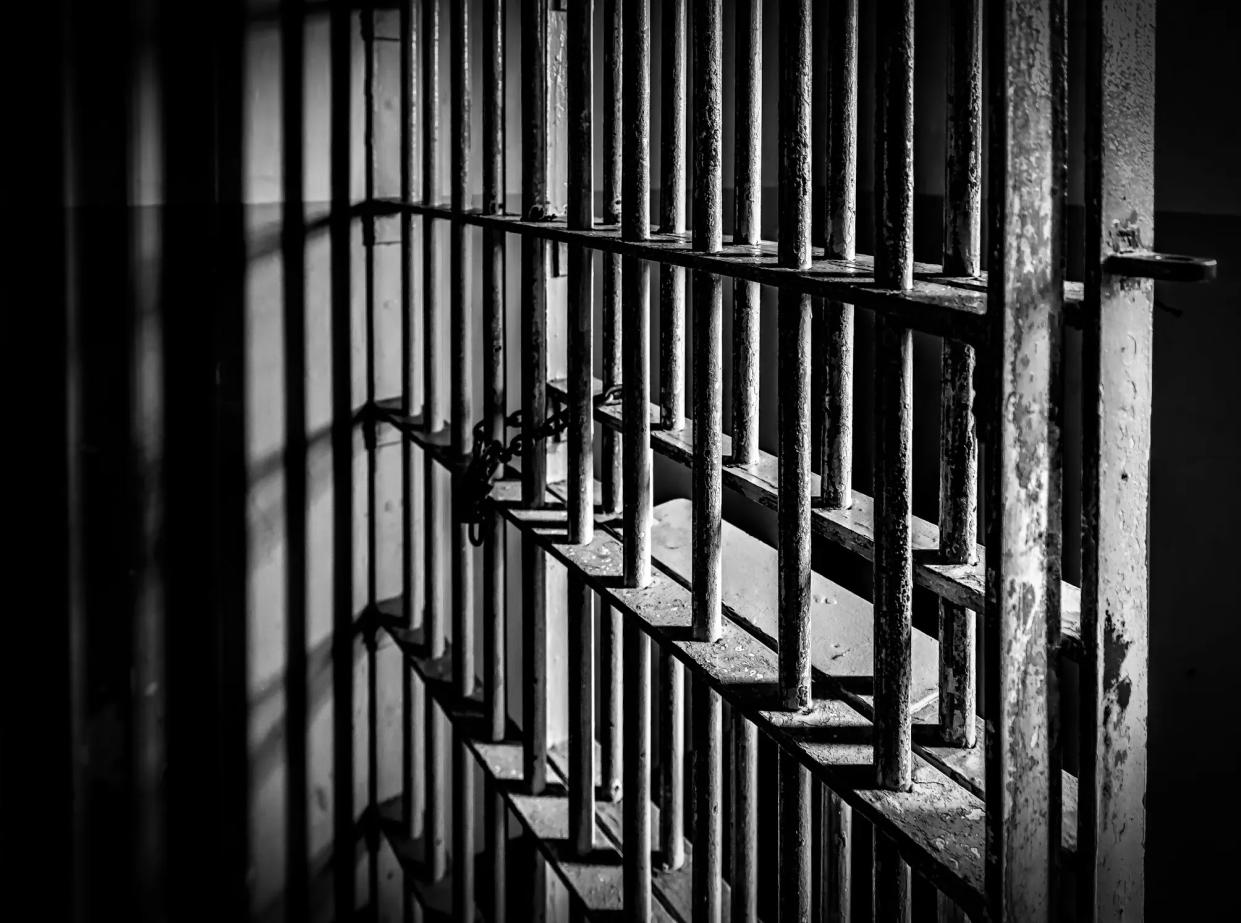Want inmates to stay out of jail? Give them a concierge (no, really)

Getting released from jail, for many, might be worse than being inside.
If your clothes were taken as evidence, you might be wearing a flimsy uniform.
You were given a check for a few dollars but might not have ID to cash it. Your phone was probably dead, if you had one, so you couldn’t call someone to come pick you up.
Whatever problem landed you in jail in the first place followed you out. If you were released at night, or in the snow, it was what some call double bad.
For those in Coconino County jail in Flagstaff, Community Pathways has changed all that.
Community Pathways is a win-win-win
Firmly believing everything has a good and bad side, my tour of the detention facility this month left me a little unmoored: I could find no downside to this program.
This after decades that included crisis work with the police, news reporting and now nonprofit work.
The pilot program truly seems like win-win-win, and worth replicating elsewhere in Arizona and across the nation.
Set up with a grant from the state, Community Pathways uses resources that already exist, but in a concierge format.
Upon being processed into jail, each inmate gets a screening to identify problems that can be solved.
From addiction to outstanding warrants to lack of housing to dental work, these get written down so that when the inmate is leaving, one of the Community Pathways workers is right there to lead them to solutions.
Program tackles immediate, long-term issues
It’s upon the inmate’s release from Coconino County jail that the real work begins to improve his or her life: If you need shoes, warm clothes, food for the journey, they are here.
Then the more complex problems get addressed: Both a defense attorney and county prosecutor are on site, so you have someone with you at your next appearance, as well as someone to work with you on getting an old bench warrant dealt with in a way that won’t mean ending up right back in.
If you don’t have a phone, you are given one (although if you come back in two weeks, there won’t be a second automatically issued).
How to solve it: Pinal County has a DUI problem, officials say
Then the deepest dive: Do you need live-in treatment? Do you need a place to live? Do you want a job?
Are you a veteran needing help getting services? There’s even someone with a direct link to the Motor Vehicle Division to get you a new ID.
Other communities should try something similar
Because the program is only 6 months in, recidivism statistics aren’t quite readily available, but the early numbers are promising. And the live-in Exodus addiction treatment program linked to Community Pathways has impressive numbers, around 70% successful.
Getting help requires the willingness to accept help, of course.
Sheriff Jim Driscoll says most prisoners walk through the room without availing themselves of any help offered when they get out of jail. They’ve got this; they’re done.
Same thing the second time. It’s often their third or fourth time through the system before they recognize that insanity lies in the same action while expecting different results.
Every community has a different structure, so a one-size-fits-all Community Pathways model isn’t possible.
But just as running a 4-minute mile was once believed impossible, once the record was broken, more followed. This can be a template to make a lot of lives better in a lot of places.
We know how it doesn’t work well the way we’ve always done it.
This is a new way. And it’s working better. It deserves our support.
Lisa Schnebly Heidinger works for Health First Foundation Northern Arizona, which funds programs that support the mental, physical and emotional health of the five northern Arizona counties. Reach her at lschnebly@healthfirstforall.org.
This article originally appeared on Arizona Republic: How Coconino County keeps released inmates out of jail

